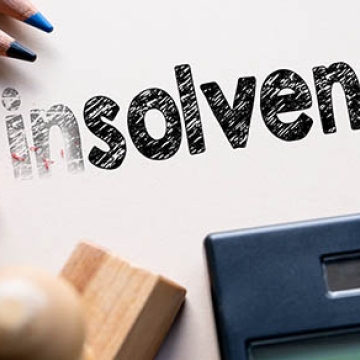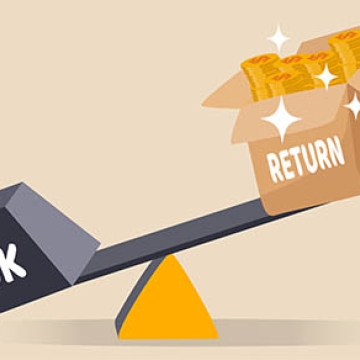Recent News & Blog / Business Valuation
Planning for the future: 5 business succession options and their tax implications
When it’s time to consider your business’s future, succession planning can protect your legacy and successfully set up the next generation of leaders or owners. Here are five options to consider: 1) Transfer the business directly to family members. 2) Transfer ownership through a trust. 3) Engage in an employee or management buyout. 4) Establish an employee stock ownership plan. 5) Sell stock or assets to an outside buyer. The best approach for you depends on several factors. Contact our business advisors about how to move forward with your succession planning.
Valuing intangible assets
Intangible assets, such as patents, trademarks and goodwill, play a key role in businesses. The tax implications of intangibles can be complex, but businesses should understand them and the exceptions. Contact the CPAs and business advisors at SEK with questions about intangibles.
What’s the difference between a calculation of value and a conclusion of value?
Valuing a business takes time and money. Sometimes a limited-scope “calculation of value” may be appropriate. But taking shortcuts can be costly in other situations. A full-blown “conclusion of value” is generally more credible, so it’s advisable for litigation purposes and often required for tax filings and valuations prepared for Small Business Administration programs. Contact the CPAs and business advisors at SEK to determine what’s appropriate for your situation, based on the intended uses of the valuation, access to the company’s financial records, and time and resource constraints.
Challenges of valuing family-owned businesses
Family businesses bring valuation challenges. Although roughly 80% to 90% of all businesses in North America are family owned (according to the Family Business Alliance), most of these entities aren’t run like public companies. The differences may require adjustments. Contact the CPAs and business advisors at SEK for help determining what’s appropriate in your case.
Estimating damages: Lost profits vs. diminished business value
In commercial litigation, it’s common for business valuation experts to measure damages based on lost profits, diminished business value or both. Both measures may be considered when a defendant’s wrongful conduct initially causes profits to decline for a period but eventually causes the plaintiff to go out of business. Contact the CPAs and business valuators at SEK to determine what’s right for your case.
Use a business valuation pro to evaluate solvency
Solvency refers to a business’s ability, at a specific point in time, to meet its long-term interest and repayment obligations. They also may come into play in fraudulent conveyance, bankruptcy alter ego and due diligence actions. Contact the CPAs and business advisors at SEK to perform a comprehensive solvency analysis for your business.
When to consider subsequent events in a business valuation
Business valuators sometimes consider major events that happen after the valuation date. Examples include business sales, bankruptcy filings and major fraud losses. In general, events that are “known or knowable” on the valuation date are factored into a valuation. Let the CPAs and business advisors at SEK know of any major events that happened so we can determine the appropriate treatment of the event for your valuation.
Factoring industry risk into the business valuation equation
Industry-specific risk is an important consideration when estimating an investor’s expected return. Valuators consider several factors when assessing industry risk, such as the industry’s growth prospects, the relative power of suppliers and customers, competitive threats, substitute products, and barriers to entry. Contact the CPA's and business advisors at SEK for more information on how we incorporate industry risk into our valuation methods and what’s right for you.
Ready, set, value!
If you’ve never worked with a business valuation professional, you might not know where to start. Although valuators use a variety of analytical techniques and possess different qualifications, they generally adhere to the same process of engagement, preparing and presenting reports. Contact the CPA's and business advisors to answer your questions.
Timing counts when valuing a business
A business’s value may change significantly over time, so it’s important to choose the valuation date carefully. This date serves as a cutoff for the information that can be used to estimate value. In general, events that happen after the valuation date can’t be considered, unless the information was “reasonably known or knowable” on the valuation date. The CPA's and business advisors at SEK can help you determine what’s appropriate based on relevant laws and case facts.









